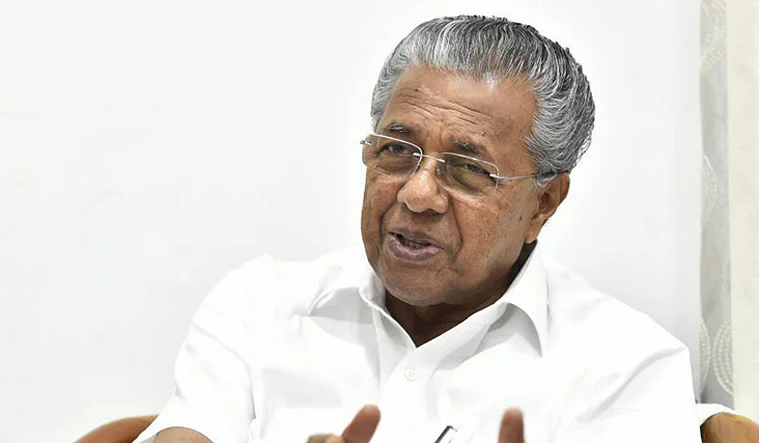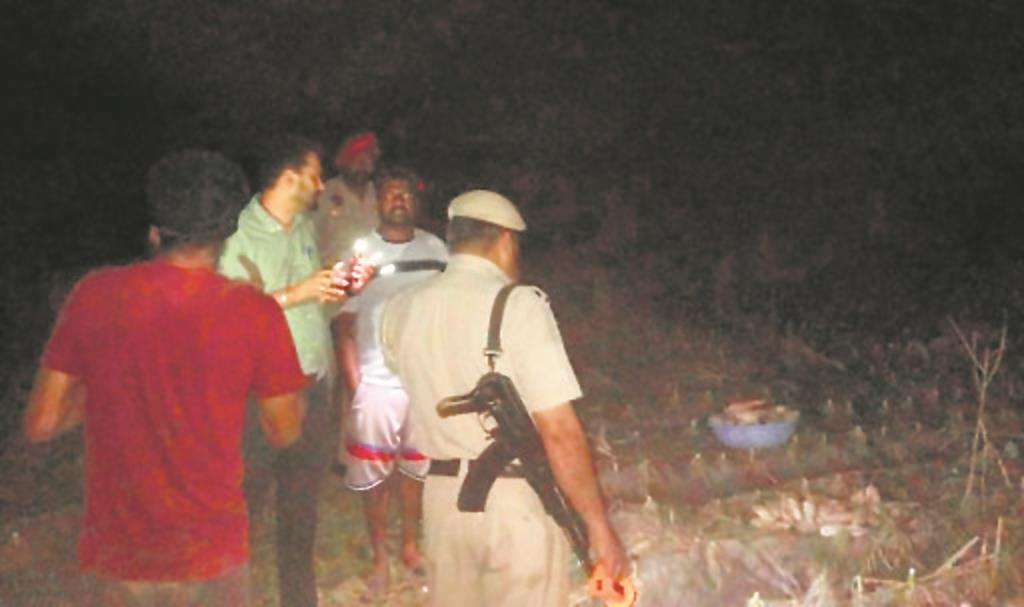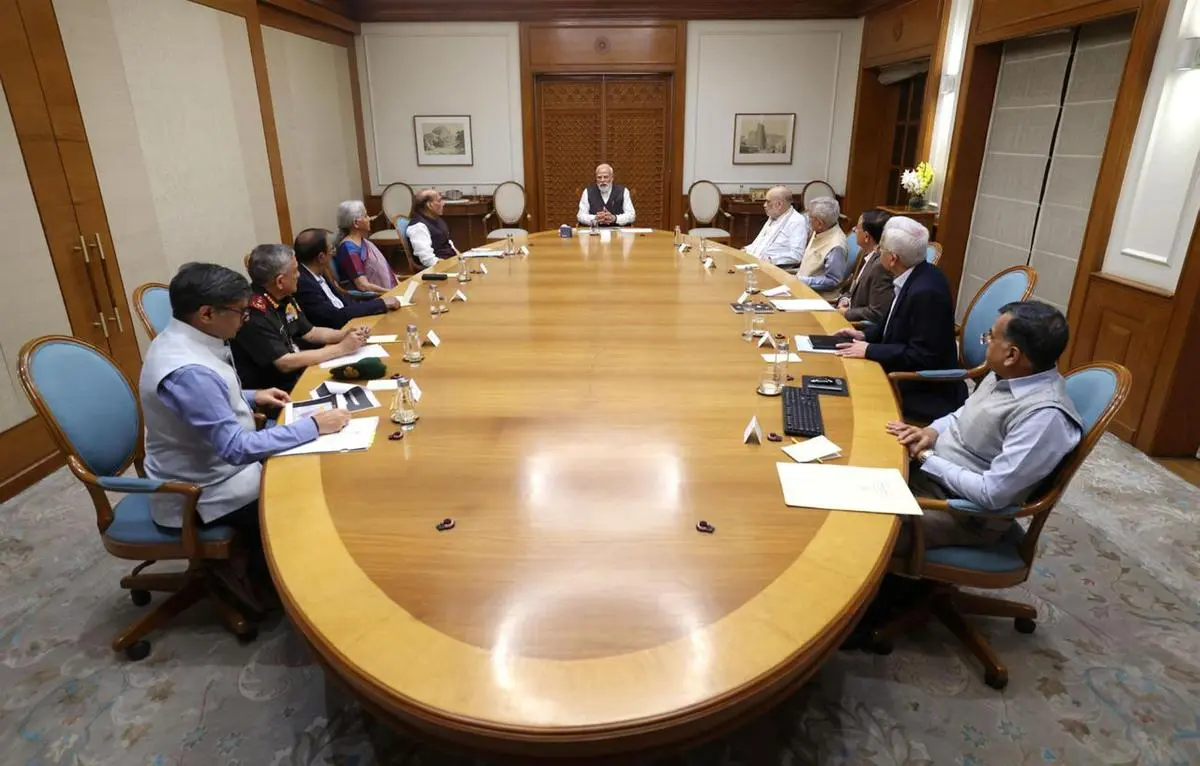As all major water bodies are having huge quantum of water, ornithologists are apprehensive that the birds may find it difficult to land and stay put in their regular habitats and get food. They may look for new avenues for rest and feed.
Vijayawada: As Andhra Pradesh witnesses continuous rainfall filling up all major water bodies, migratory birds may have to look for new avenues for landing and to find feed at their regular places of visit, the water bodies.
Nearly 140 to 150 species of migratory birds including black-tailed godwit, marsh sandpiper, northern pintail, little stint, red crested pochard etc, with a population of three to four lakh, will arrive in parts of AP every season. They mainly converge at Kolleru, Coringa and Pulicat bird/wildlife sanctuaries during mid-October and remain there up to March.
They come from the northern hemisphere to avoid inclement weather, like extreme cold conditions or less daylight and feeding time in their home habitats. Some species of resident birds like fulvous whistling duck, spot billed pelican, open billed stork, painted stork etc can also be spotted.
Water bodies with less water are ideal spots for them to catch their feed.
AP has been witnessing multiple spells of rainfall since the commencement of the southwest monsoon. It recorded an actual rainfall of 638.1mm against a normal rainfall of 625.1mm with a deviation of 2.1 per cent from June 1 to October 6.
A majority out of the 26 districts recorded normal rainfall while three districts — Baptala, Anantapur and Sri Satya Sai — recorded excess rainfall during the same period.
As many as 29 mandals received large excess rainfall, 172 mandals excess rainfall, 386 mandals normal rainfall and 92 mandals deficient rainfall.
Several parts of AP have been receiving good rainfall.
As all major water bodies are having huge quantum of water, ornithologists are apprehensive that the birds may find it difficult to land and stay put in their regular habitats and get feed. They may look for new avenues for rest and feed.
These birds survive by eating small birds, fish, worms, phytoplankton etc.
Deccan Birders secretary Bhamidipati Srikanth said, “We are expecting the arrival of nearly 140 species of migratory birds from the Himalayas, several European countries, Siberia and from the northern hemisphere to parts of AP for nesting and brooding but not for breeding.”
“As the state has been experiencing continuous rainfall, the regular habitats of these birds have been filled with water and we are assuming that they may have to look for new avenues for a comfortable stay.”
These birds face the threat of hunting for their meat and the bird experts along with foresters are getting ready to take up sensitization programmes among the local people to avoid such a practice, apart from exploring several legal provisions that could serve as a deterrent.
Kakinada district forest officer IKV Raju said, “We are expecting the arrival of around 120 species of migratory birds to the Coringa wildlife sanctuary this season from November. We have identified mudflats and where they stay put. We are also taking up protective measures by sensitizing villages on their protection.”
So is the case with the forest authorities at Kolleru and Pulicat sanctuaries and at other places where they have started preparatory works for the arrival of migratory birds and their protection.
*********************************************************************
Readers
These are extraordinary times. All of us have to rely on high-impact, trustworthy journalism. And this is especially true of the Indian Diaspora. Members of the Indian community overseas cannot be fed with inaccurate news.
Pravasi Samwad is a venture that has no shareholders. It is the result of an impassioned initiative of a handful of Indian journalists spread around the world. We have taken the small step forward with the pledge to provide news with accuracy, free from political and commercial influence. Our aim is to keep you, our readers, informed about developments at ‘home’ and across the world that affect you.
Please help us to keep our journalism independent and free.
In these difficult times, to run a news website requires finances. While every contribution, big or small, will makes a difference, we request our readers to put us in touch with advertisers worldwide. It will be a great help.
For more information: pravasisamwad00@gmail.com











